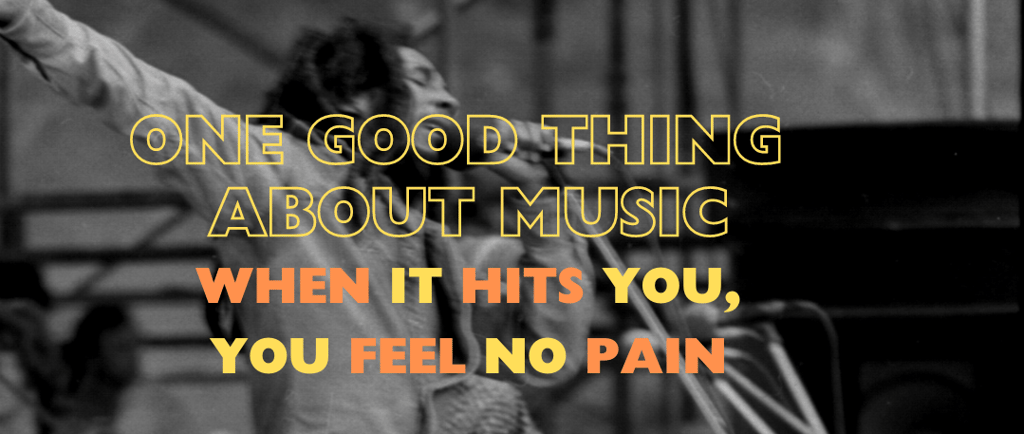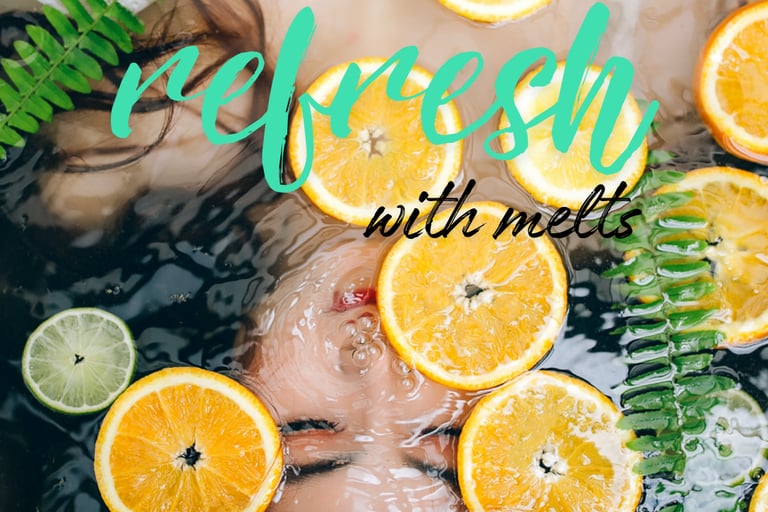Free delivery on orders over £50
Music Heals the Soul
Discover how music heals the soul by reducing stress, calming the mind, and fostering emotional connection. Explore its powerful impact on mental and spiritual well being
9/13/20246 min read


There’s something about music that speaks to us in ways nothing else can. It reaches deep into the core of who we are, lifting us when life feels heavy, soothing us when we can’t find the words ourselves.
Whether it’s a melody that takes us back to a specific moment in time or a rhythm that seems to mirror the beating of our own hearts, music has a unique ability to heal, to bring peace when we need it most.
Key lessons:
Music's healing power
Why music affects us so deeply
Music as a universal language
How to bring music into your life
Let music guide your soul
FAQs - Music Heals the Soul
Ultimately, music's strength isn't just in its capacity to momentarily divert us from life's pain but in how it helps us confront it. As Bob Marley famously said, "One good thing about music, when it hits you, you feel no pain."
blog / Music heals the soul
Music’s Healing Power
We’ve all had those moments, haven’t we? When life feels like it’s unravelling at the seams, when the weight of the world settles heavily on our shoulders.
A personal story comes to mind. Not my own this time, but one of a friend, a man who had lost his mother after a long illness. He couldn’t bring himself to speak about his grief.
But then, while attending a memorial, a soft piano began to play Beethoven’s Moonlight Sonata. Something broke open in him, the music allowing him to feel and release what words could never touch.
I’ve had my own moments too. It wasn’t long ago that life threw more at me than I thought I could handle, work stress, personal issues, everything seemed to collapse at once.
Then, on an otherwise ordinary evening, I found myself sitting alone with a playlist of classical pieces. As the violins swelled in Adagio for Strings, I felt the tension ease from my body.
There it was, the music, pulling me back to center. It didn’t solve my problems, but it gave me a moment of peace. And sometimes, that’s exactly what we need, a moment to breathe.
Why Music Affects Us So Deeply
Science tells us that music has profound effects on the brain and body. When we listen to a song that resonates, our brain releases dopamine, the same chemical that brings a sense of joy. But music does more than that, it reaches the parts of us that are often hard to express.
The late neurologist Oliver Sacks often spoke of how music could revive lost memories for Alzheimer’s patients, offering them a fleeting but powerful connection to who they once were. That’s the beauty of music, it doesn’t just occupy the mind, it occupies the soul.
In moments of stress or anxiety, music doesn’t just lift our spirits. It can physically calm us down. The slow tempo of a ballad, for instance, can reduce heart rates, slow our breathing, and even lower blood pressure.
I’m reminded of Tibetan singing bowls, ancient instruments still used in sound healing today. Their resonant tones can calm the mind and body, their vibrations almost like a form of meditation. It’s why lullabies have such a calming effect on infants and adults alike.
Music as a Universal Language
Music connects us to each other. When we hear a song that stirs something inside, it doesn’t matter where we’re from or what language we speak. Music is a language of its own, one that speaks directly to our emotions.
It’s why a sad love song in Spanish can move someone who doesn’t speak a word of it, or why African drum beats can energise an entire room full of people from different cultures.
One night, I saw this in action. It was at a jazz club, one of those smoky, dimly lit places where the musicians seem to communicate without a single word. As the saxophonist played, I looked around at the audience, people from all walks of life, each completely lost in the music.
Some closed their eyes, swaying to the rhythm. Others tapped their feet in time with the bass. In that room, we were all connected by the same thread, the music.
How to Bring Music Into Your Life
You don’t need to be a trained musician to experience the power of music. Sometimes, it’s as simple as making time to listen.
Create a playlist of songs that make you feel alive, whether they’re gentle acoustic tunes or the powerful anthems that get your heart pumping. Play them when you’re feeling stressed, or when you need to reconnect with a part of yourself you’ve forgotten.
And don’t be afraid to explore new sounds. Maybe it’s a genre you’ve never considered, classical, jazz, or even indigenous music from another part of the world. Each carries its own emotional weight, its own way of connecting you to something deeper.
If you’re feeling brave, make your own music. Sing in the shower, hum to yourself as you walk, or pick up that dusty old guitar in the corner of your room. It doesn’t matter if you’re a beginner.
The act of creating, of expressing yourself through sound, can be a powerful way to release stress. Just ask anyone who’s ever belted out a tune while stuck in traffic, it works.
Let Music Guide Your Soul
As Nina Simone once said, “It’s an artist’s duty to reflect the times.” Music doesn’t just exist in a vacuum, it’s there with us, reflecting our inner worlds. It’s the soundtrack to our struggles and our celebrations, our fears and our hopes.
And yet, sometimes it does more than that. Sometimes it brings us back to ourselves, offering healing and hope where words alone would fail.
So the next time you feel the weight of the world on your shoulders, turn to music, light a wax melt and let it wrap its arms around you.
Frequently asked questions
Can music heal trauma?
Its said, music can help heal trauma by providing a safe way to process and release difficult emotions.
Through music therapy, trauma survivors can express feelings that may be hard to articulate with words.
Music’s calming effects can reduce anxiety and trigger positive emotions, helping to regulate the nervous system and create a sense of safety.
It also promotes emotional connection, aiding in the recovery process by fostering resilience and emotional healing.
Can music heal you spiritually?
Its said, music can heal you spiritually by fostering a sense of connection, inner peace, and emotional release.
It often transcends words, tapping into deeper, intangible aspects of our being, helping us reflect, meditate, and feel more connected to something greater than ourselves.
Many spiritual traditions use music to promote healing, mindfulness, and transcendence.
How does music heal the soul?
Music heals the soul by connecting deeply with our emotions, reducing stress, and creating a sense of peace.
It can lift our spirits, calm our minds, and evoke memories, offering comfort and healing in ways that words often can't.
Through its rhythm, melody, and emotional resonance, music becomes a form of therapy, helping us process feelings and find balance.
Why does music soothe the soul?
Music soothes the soul by triggering emotional responses and releasing "feel good" chemicals like dopamine and oxytocin in the brain.
Its rhythm, melody, and harmonies can calm the nervous system, reduce stress, and lower heart rates, creating a sense of peace and comfort.
It also allows us to process emotions and memories, offering relief from anxiety and tension.
Why is music so powerful?
Music is powerful because it engages multiple parts of the brain simultaneously, influencing emotions, memories, and even physical responses.
It has the ability to evoke deep feelings, connect us to others, and express what words often can't.
Music can alter our mood, enhance focus, and create a sense of belonging, making it a universal language that resonates with people on emotional, cognitive, and physical levels.
Can music heal you mentally?
Its said, music can heal you mentally by reducing stress, alleviating anxiety, and improving mood.
It can help regulate emotions, provide comfort during difficult times, and promote relaxation.
Music therapy is often used to manage mental health conditions like depression and PTSD, as it helps individuals process emotions, express themselves, and find relief from mental strain.






